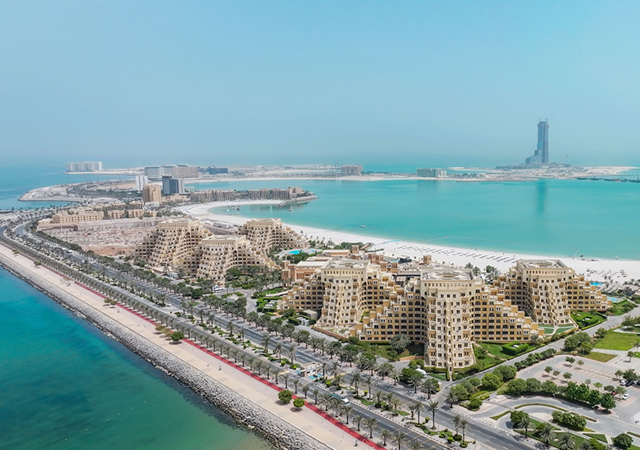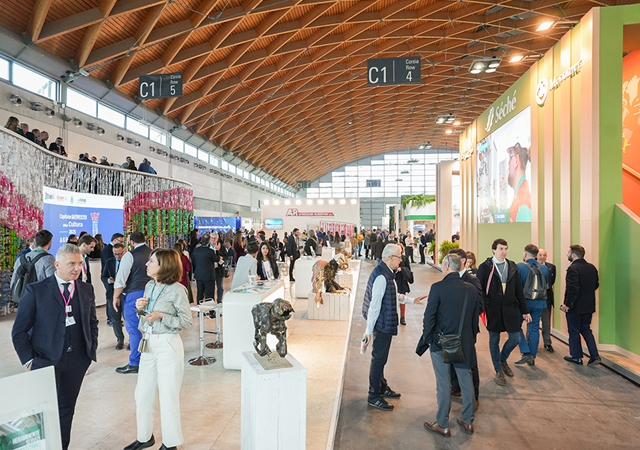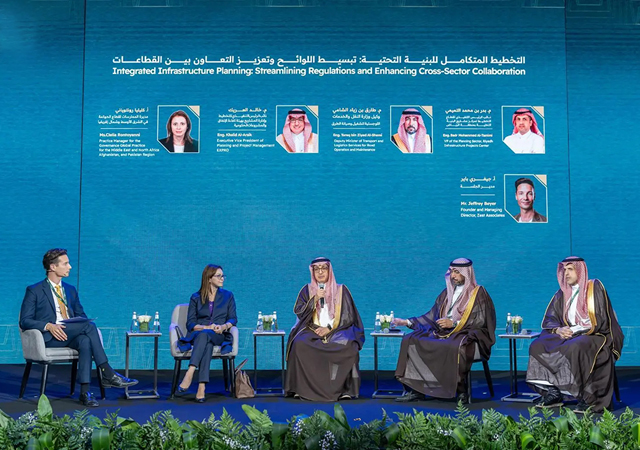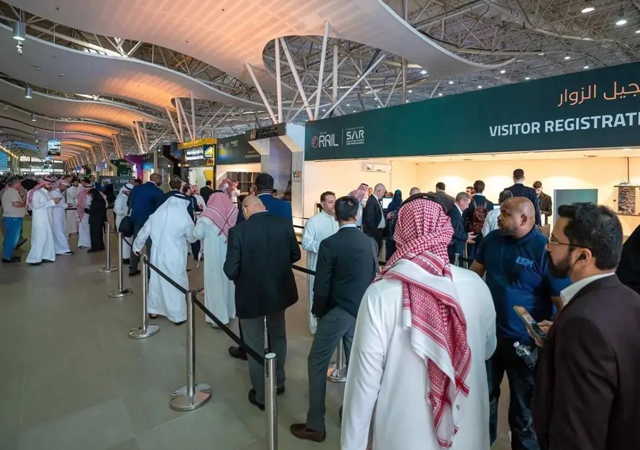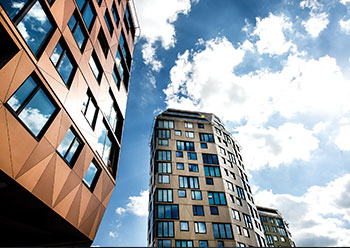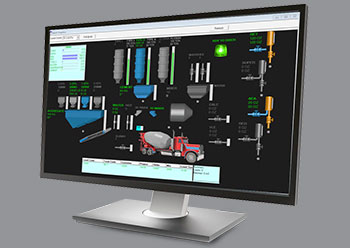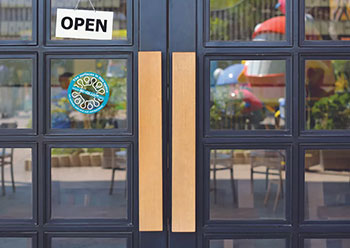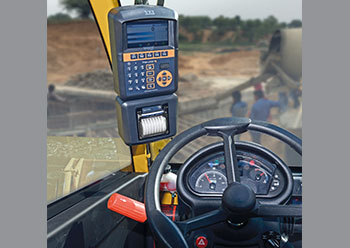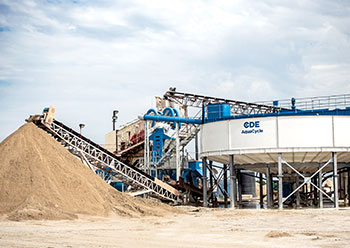
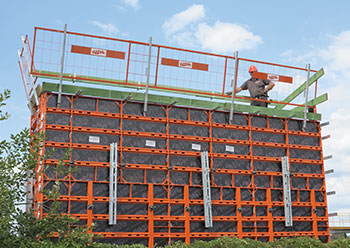 The new NeoR formwork ... clever design.
The new NeoR formwork ... clever design.
Paschal Concrete Forms, the regional office of German formwork specialist Paschal Werk G Maier, continues to expand its portfolio of projects in the GCC while enhancing the flexibility and speed with which its clients execute their project by introducing new innovations.
In line with Paschal’s philosophy of focusing on meeting customer requirements and creating formwork solutions that cater to the needs of the construction industry, the formwork provider is set to introduce a new lightweight formwork on the market next month (October).
The new NeoR formwork system offers impressive versatility and features a clever design, according to Amir Delghandi, General Director of the Bahrain-based Paschal Concrete Forms.
The new lightweight formwork combines the benefits of the proven Modular universal formwork and the Logo.3 wall formwork system, while offering all the system properties of modern lightweight formwork, he says.
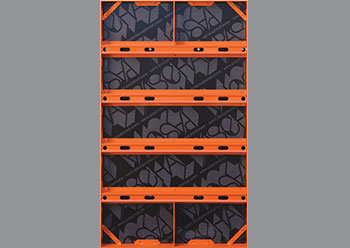 |
|
The NeoR 90 x 150 cm base panel with four inner tie point openings. |
Paschal also relies on a robust and durable flat steel frame for its NeoR lightweight formwork. However, an optimised frame construction and the use of 12-mm-thick, multi-layered and exceptionally strong birch plywood sheets allow a considerable weight reduction of around 25 per cent compared to the Modular/GE universal formwork system, Delghandi points out.
He elaborates: “The formwork panels of NeoR have a maximum weight of just 40 kg and can, therefore, be easily assembled and moved on site by hand without a crane or other transport aids.
“At the same time, the lightweight formwork boasts significantly higher fresh concrete pressure absorption of 50 kN/sq m.”
A further advantage of the new formwork system, according to him, is the low overall height of only 7.5 cm, which ensures particularly low storage and transport volumes.
The well-designed panel assortment enables a wide range of applications. Like the Modular universal formwork, NeoR can be used universally and is, therefore, ideally suited for the construction of foundations, beams and walls.
The optimum panel assortment ranges from formwork panel widths of 15 cm to 90 cm in 15 cm increments, which will be available in both 90 cm and 150 cm heights.
“As a result, a floor height of up to 3 m can be built with just one extension of panels. With NeoR, even large areas can be moved quickly and economically without any problems – this is where the large-size panel with 180 x 300 cm comes in useful. The range is supplemented by 5 and 6 cm filler posts for width adjustments and matching plastic filler pieces,” Delghandi explains.
The formwork system also boasts increased flexibility and speed. Thanks to internal tie points, the NeoR lightweight framework panels can be used both vertically and horizontally.
Another new feature is the oblong holes integrated into the panel frame that allow a height offset of the formwork panels if the ground is uneven. Additional oblong holes in the inner frame are also provided as handles for use as manual formwork.
Due to the small number of tie points, NeoR formwork is claimed to save time and labour costs. “With only three tie points at a concreting height of 3 m, the lightweight formwork can be used particularly quickly and economically. When tied (spacer strap) with the large-size panel at 3 m, only two tie points are required,” he points out.
All accessories and connecting pieces from the Modular universal formwork can also be used for the NeoR.
The keybolt known from the Modular/GE universal formwork is used as a light, friction-locked and cost-effective connecting piece.
Since NeoR is fitted with hat cross profiles similar to those of the Logo.3 wall formwork system, individual accessories from the Logo range, such as suspending pieces for props or the multi-waler, are also compatible with NeoR.
“This means that hardly any new accessories are required and existing parts can be used,” he remarks.
Another advantage in terms of flexibility is that the new lightweight formwork can be simply combined with all other Paschal formwork systems, Delghandi adds.
Paschal Concrete Forms was established in Bahrain in January 1998, and since then Paschal has emerged as a leading supplier of modern formwork solutions to the region’s contractors. Amongst its many systems, its modular universal formwork and the Paschal deck system for slab formwork have especially proved popular in the region.
Tracing the growth of its presence in the region, Delghandi says: “Paschal first entered the region in the early 1970s with the supply of formwork for a dam project in Saudi Arabia and later expanded to include other civil projects in Kuwait and Bahrain, supported with products delivered directly from the main office in Germany.
In 2004, Paschal opened its branch in the UAE and since then has served many civil contractors in Dubai, Abu Dhabi and other emirates.
Among its latest projects in Abu Dhabi are a waterfront tower in Al Bateen, where the Square General Contracting Company is using Paschal systems to build the retaining wall; an administration building for Abu Dhabi Police in Al Ain and a commercial building at Yas Island, where Paschal’s formwork is being used by Orient House for Development & Construction Company to shape the columns of both the structures; and a Red Crescent mixed-use building in Khalifa City, the columns of which are being built with Paschal systems by the contractor Galaxy Universal Contracting.
Apart from these buildings, Integrated Palaces General Contracting & Maintenance is utilising Paschal’s formwork for the construction of columns for Abu Dhabi Transmission & Despatch Company’s (Transco) Mirfa C-additional pumps group project to supply DN1200 CS pipeline to Madinat Zayed.



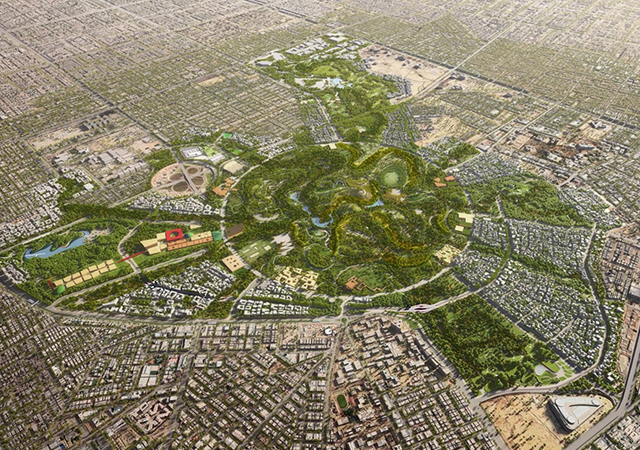
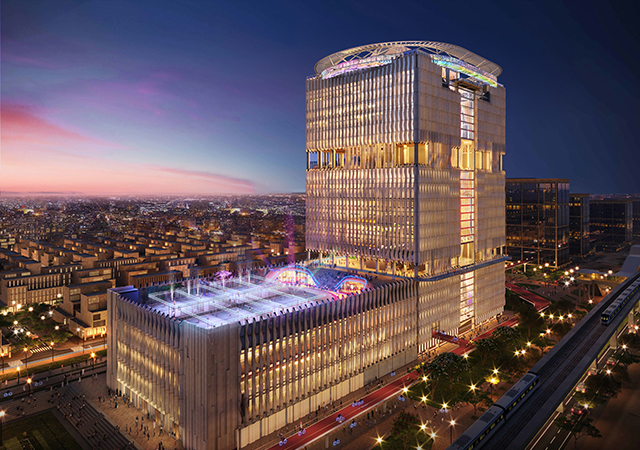
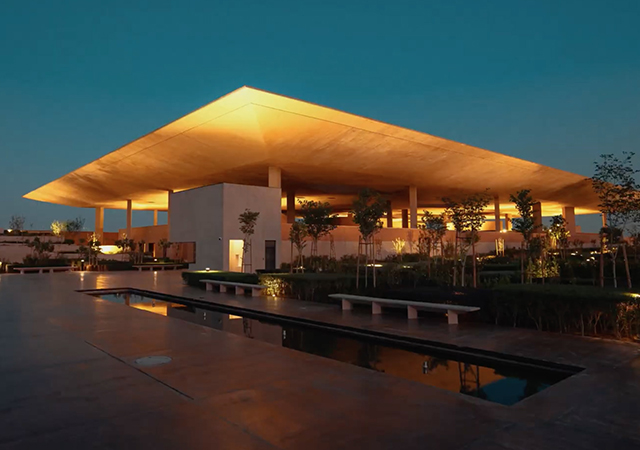
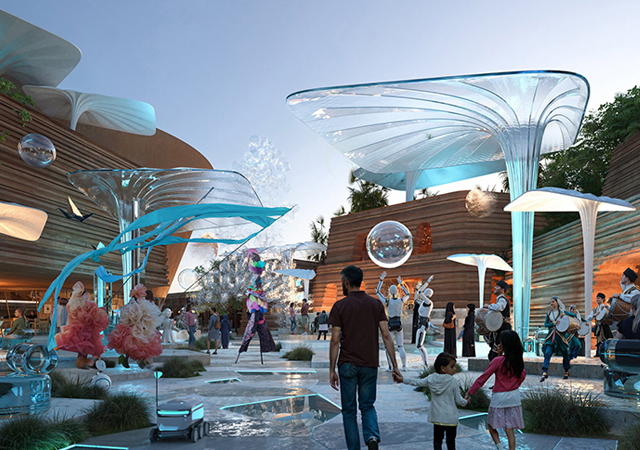
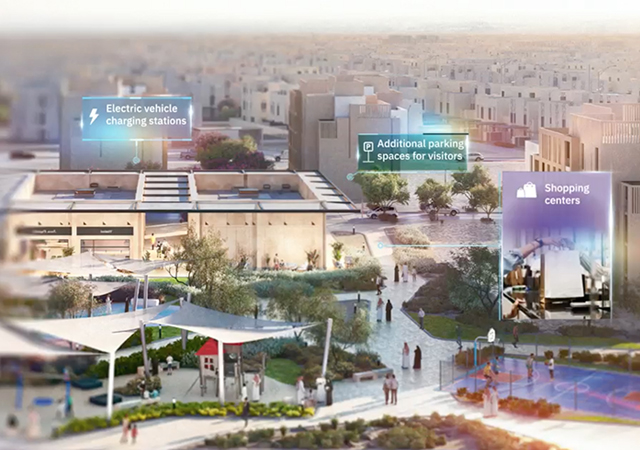
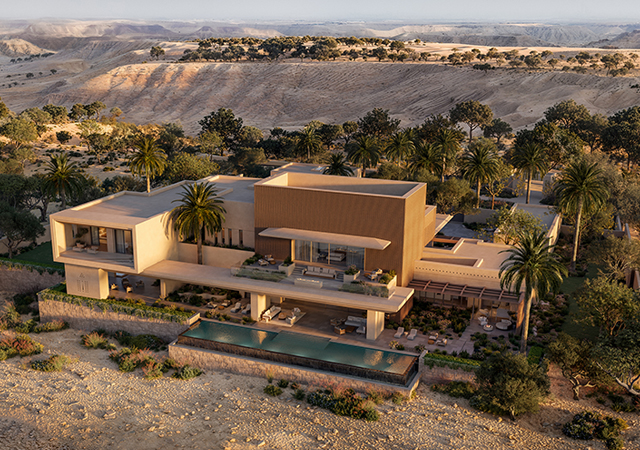
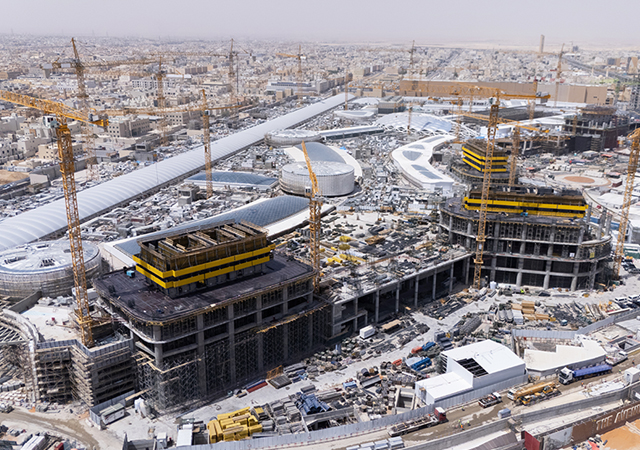
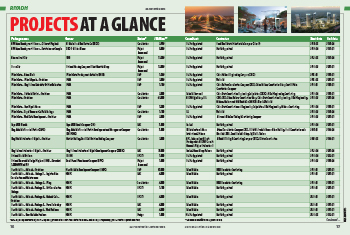
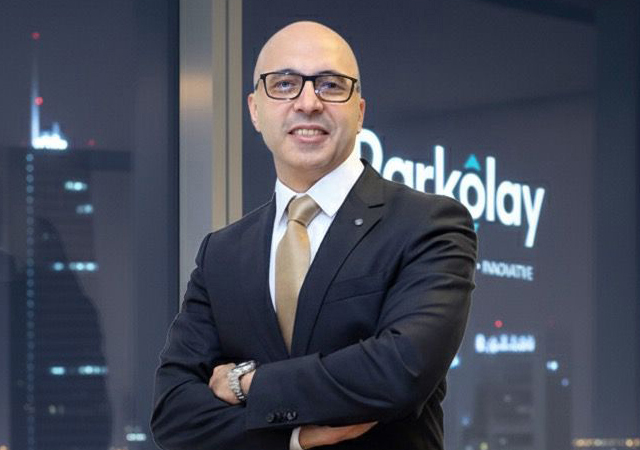
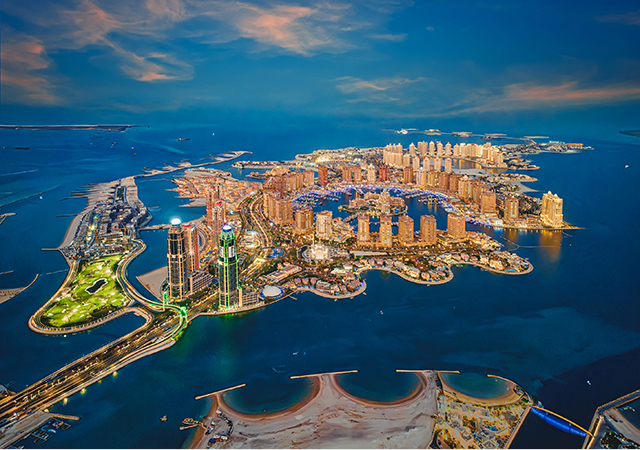
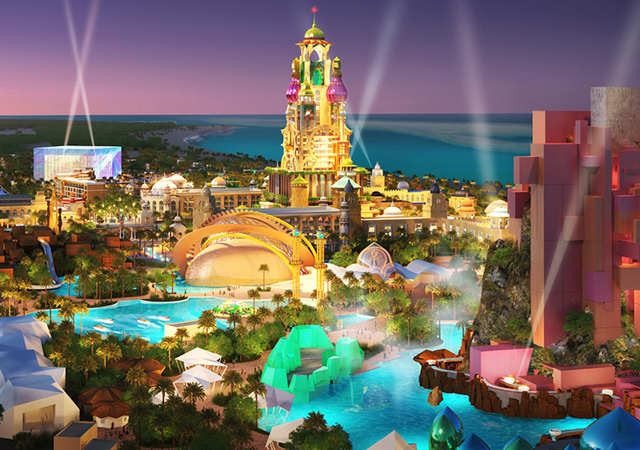
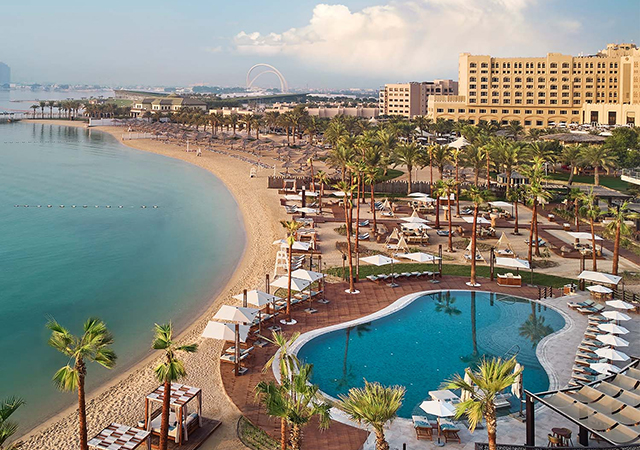
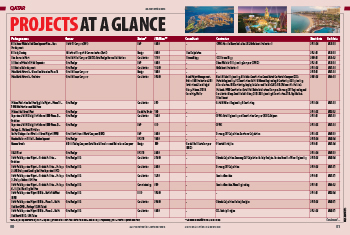
.jpg)
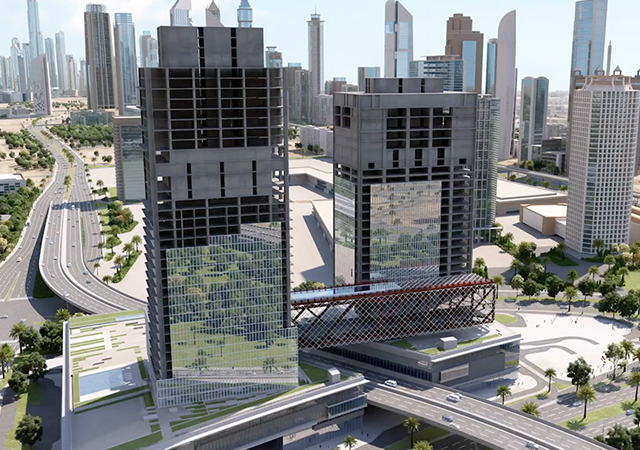
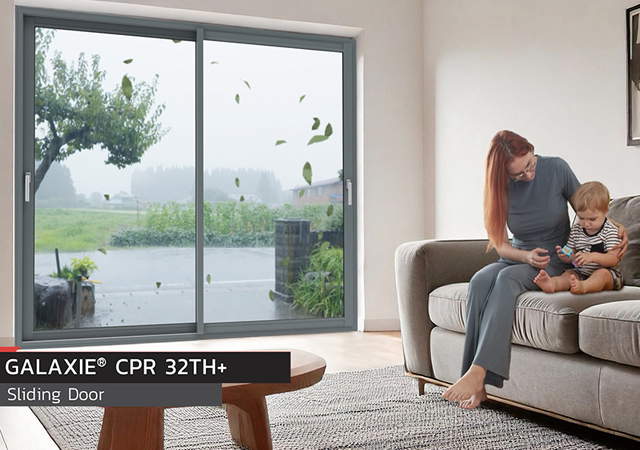
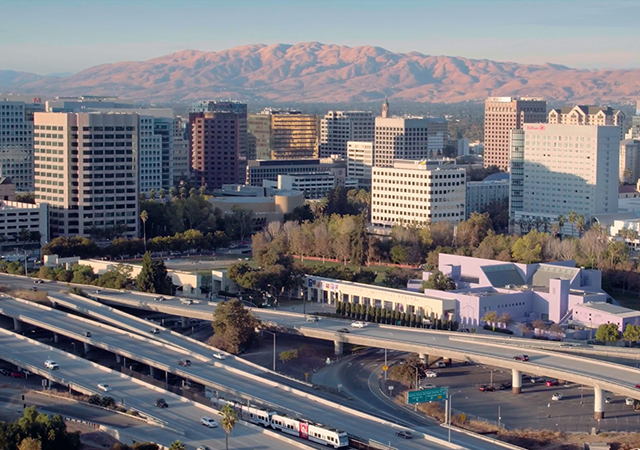
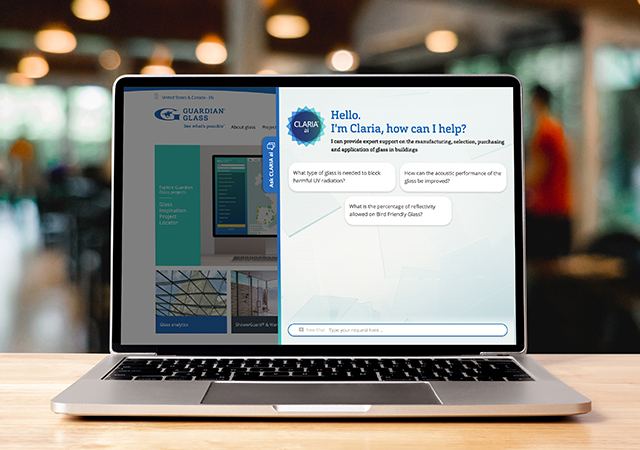

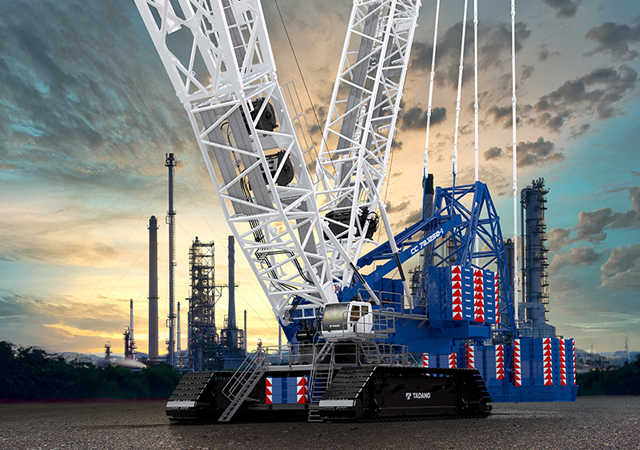
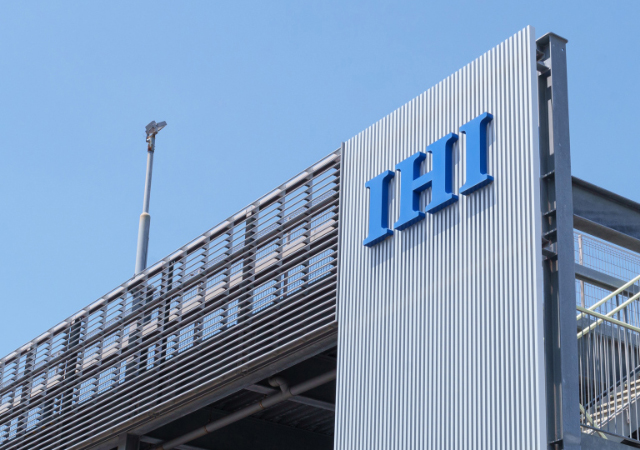
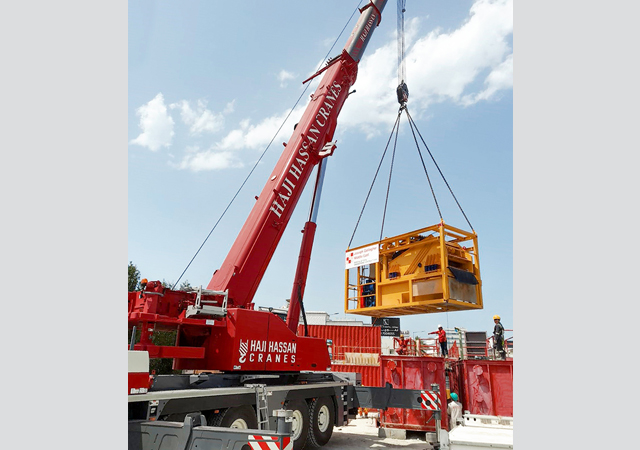
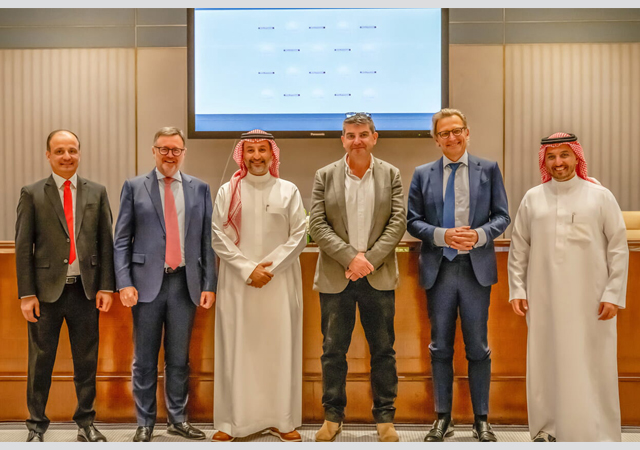
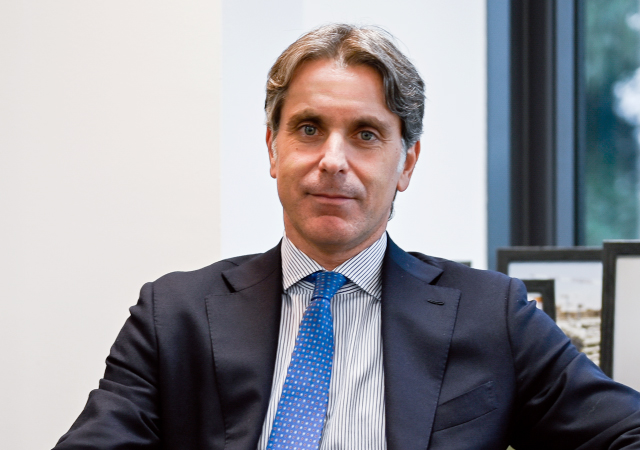
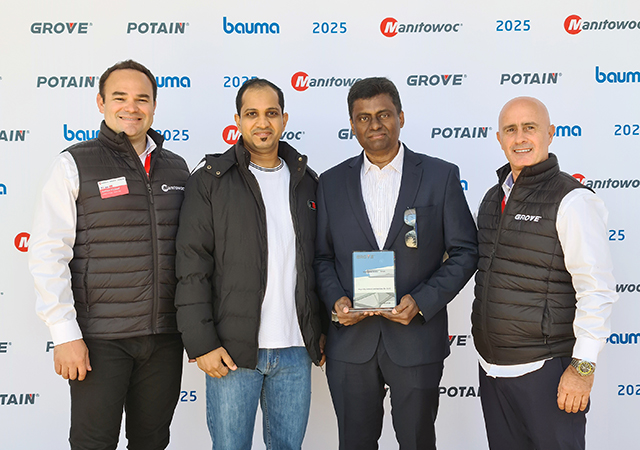
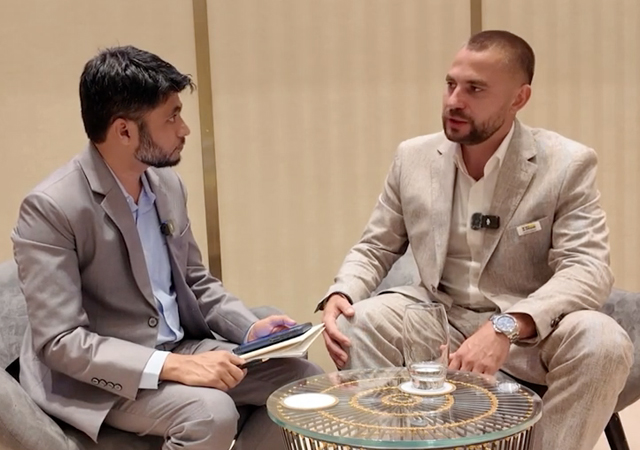
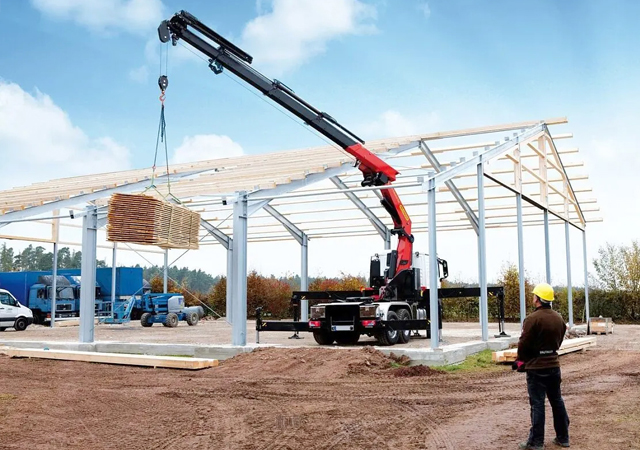
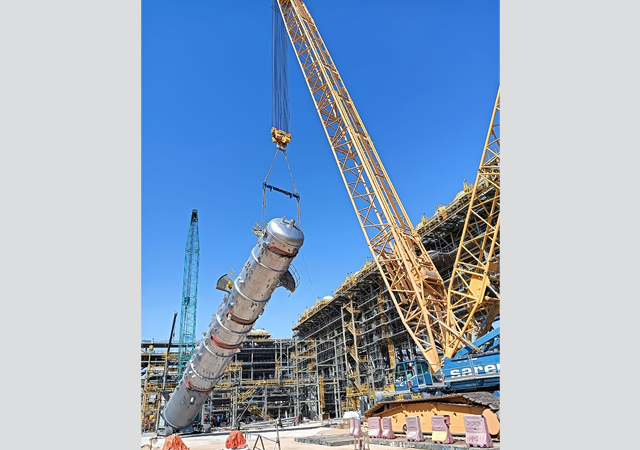
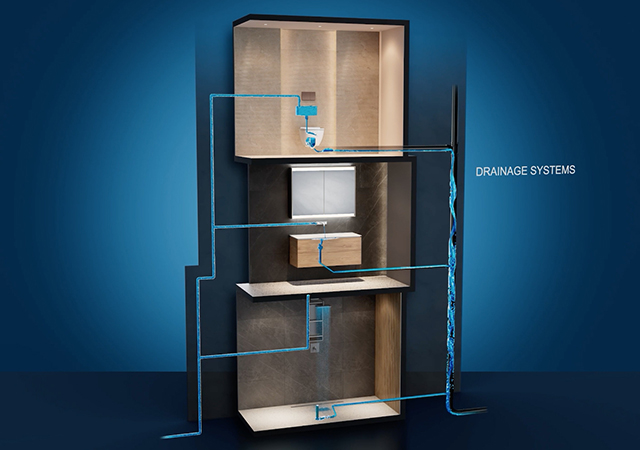
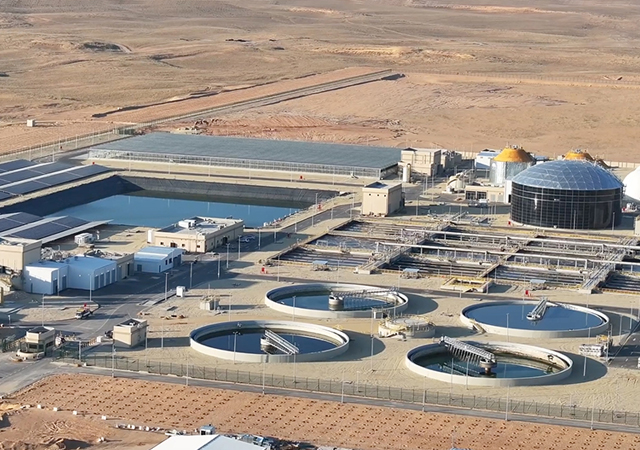

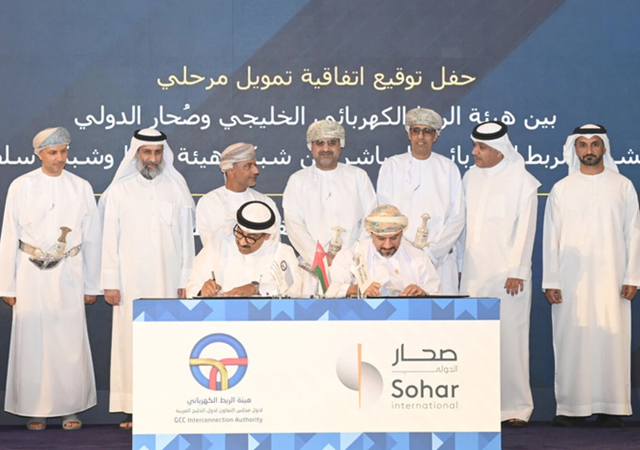
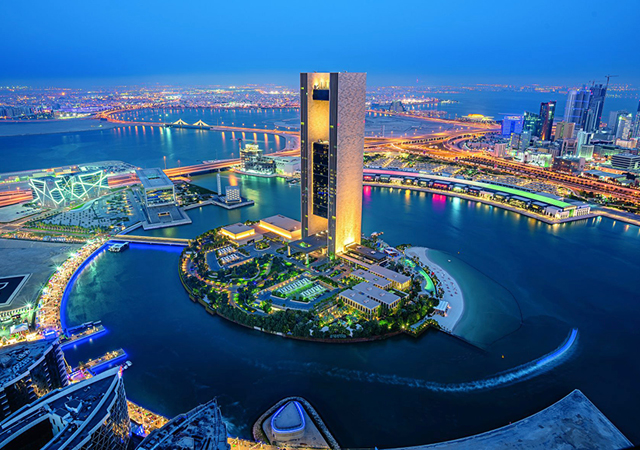
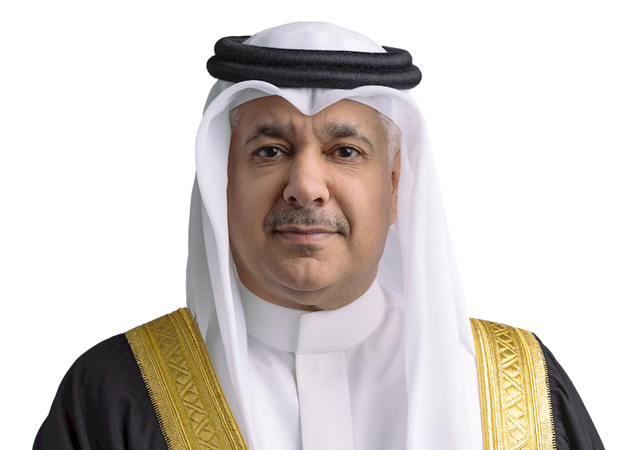
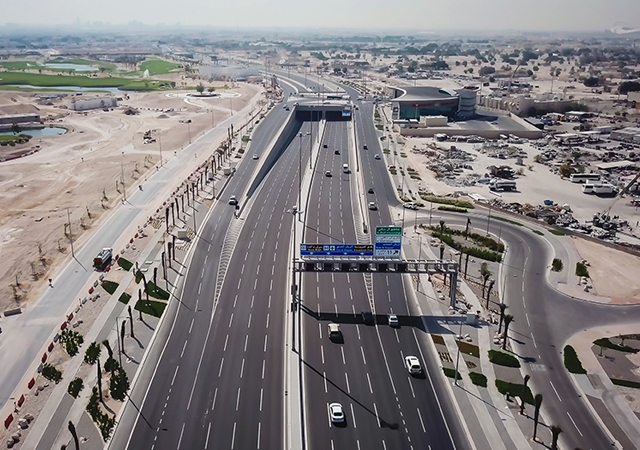
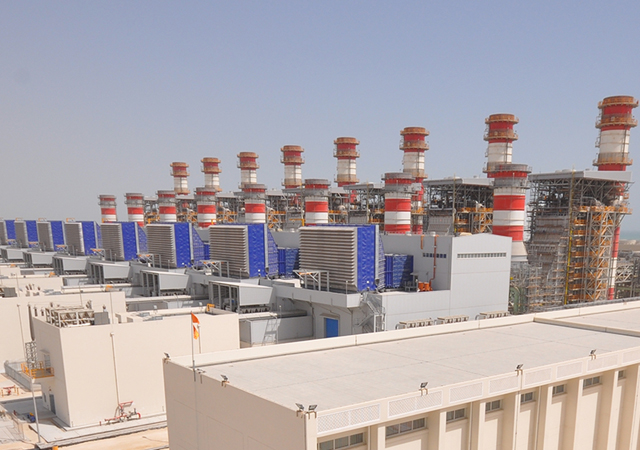
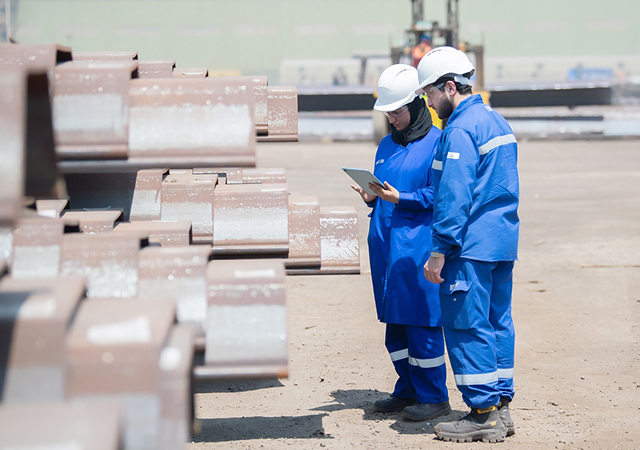
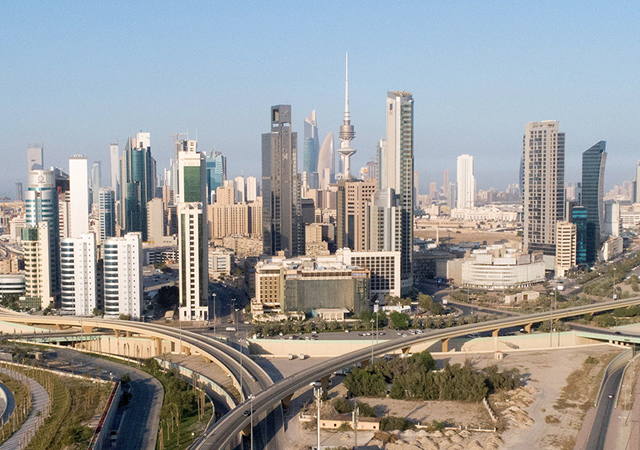
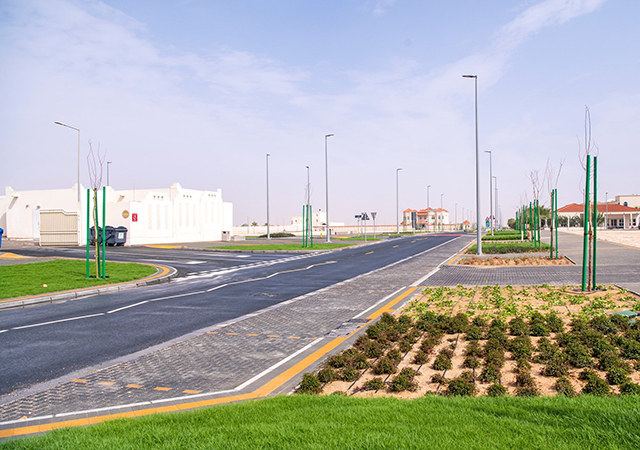
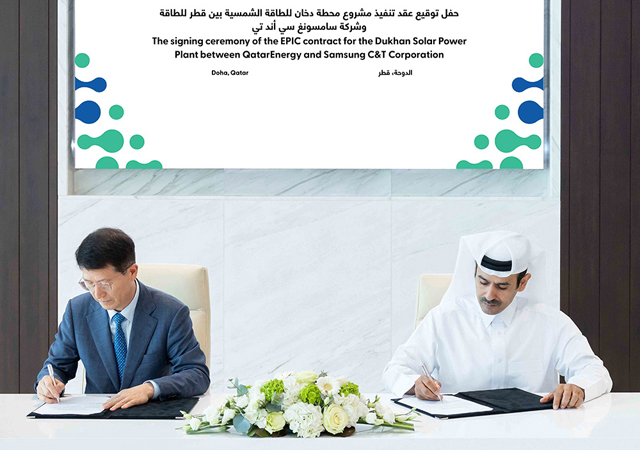
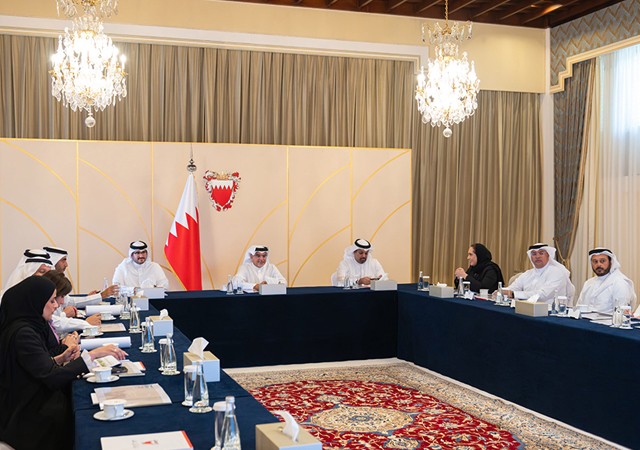

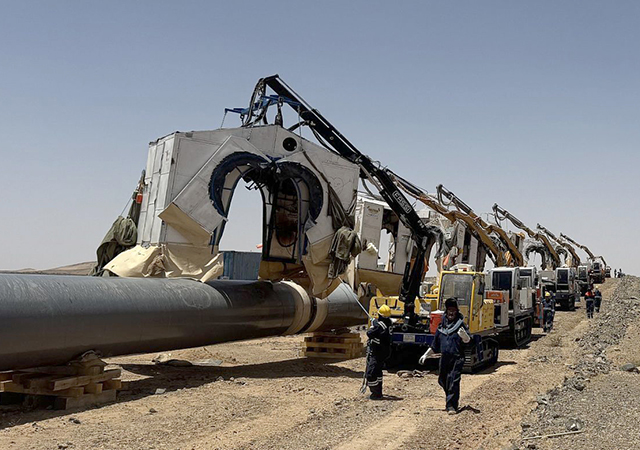
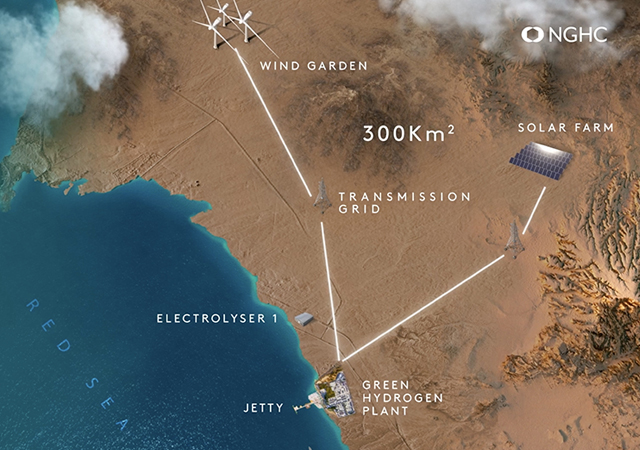
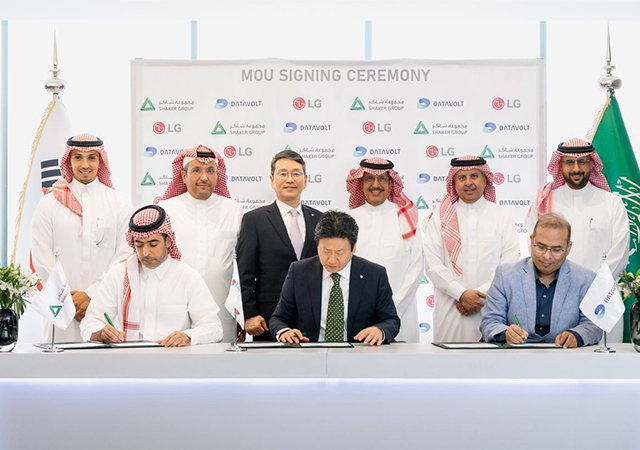
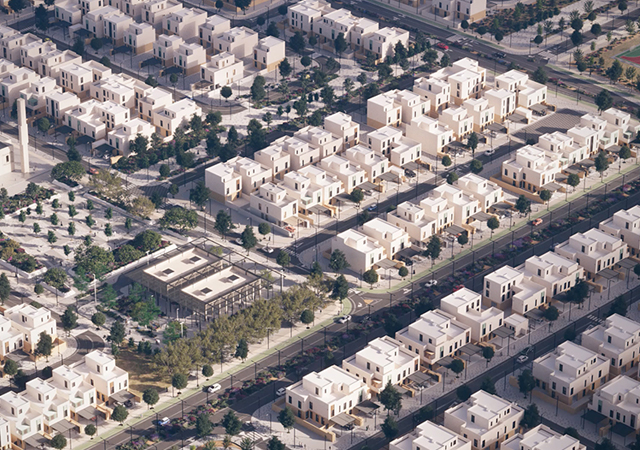
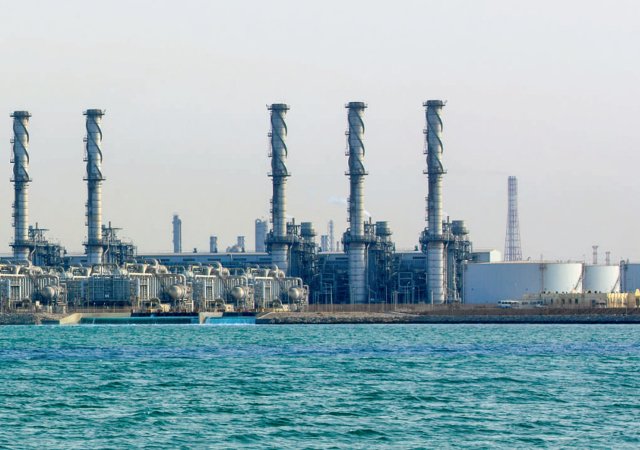
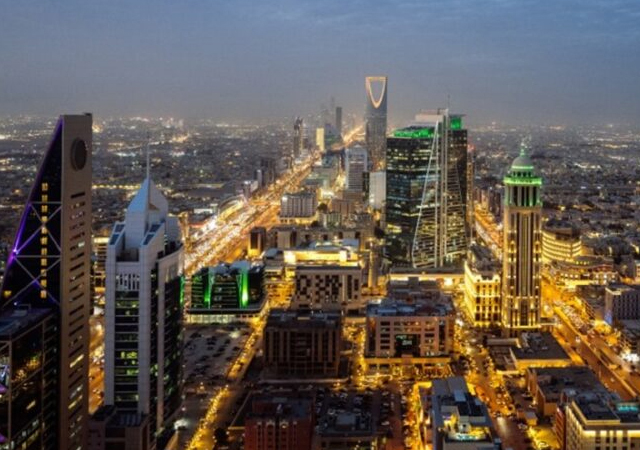
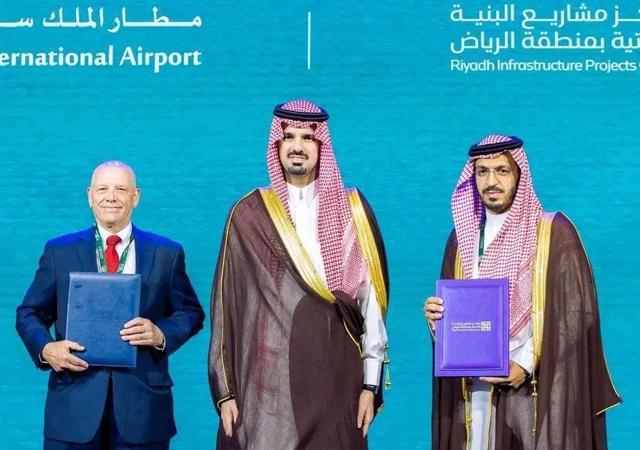
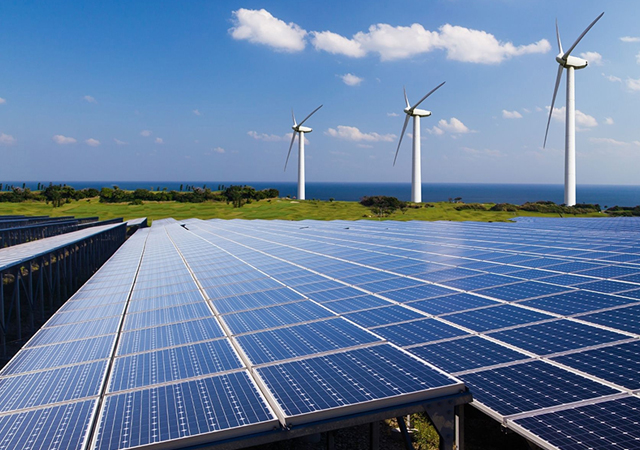
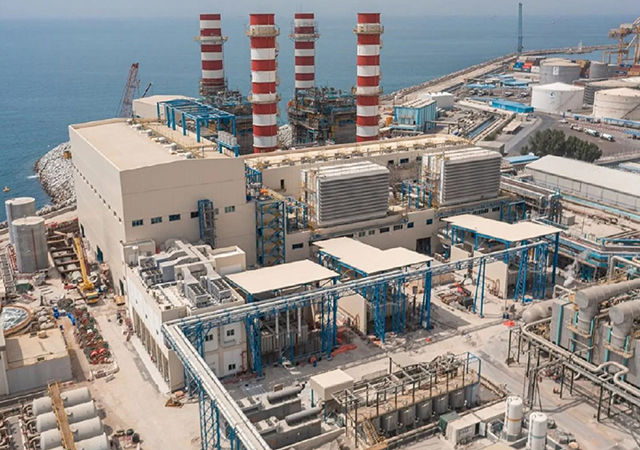
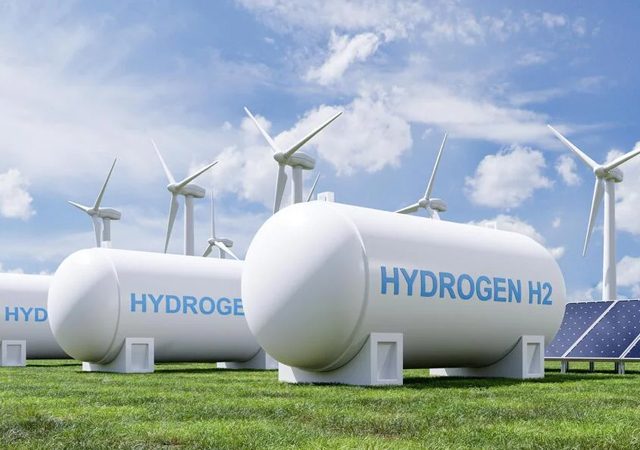

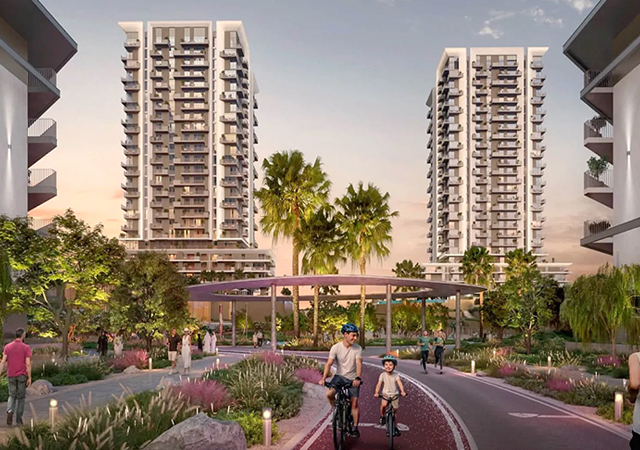
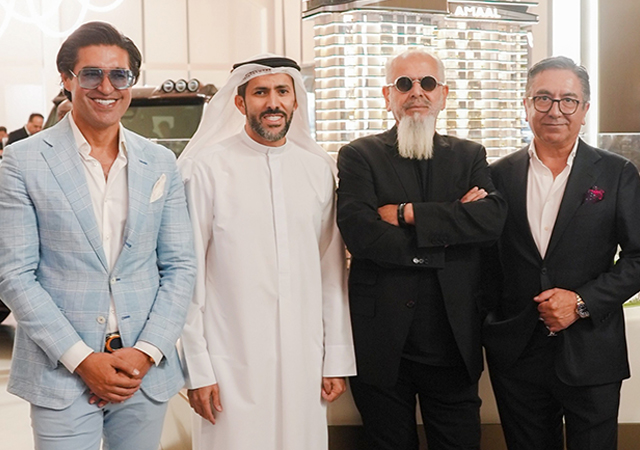
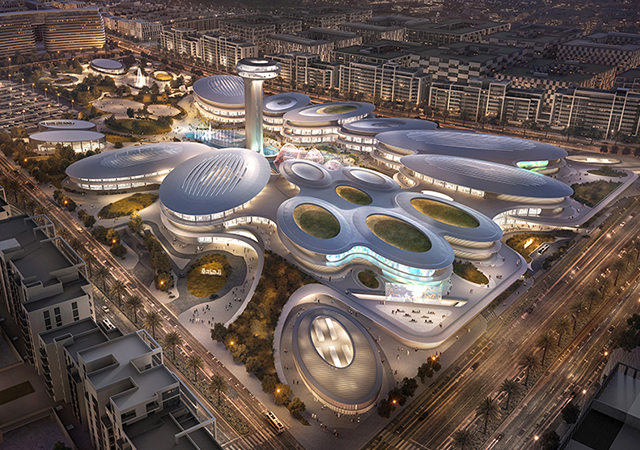
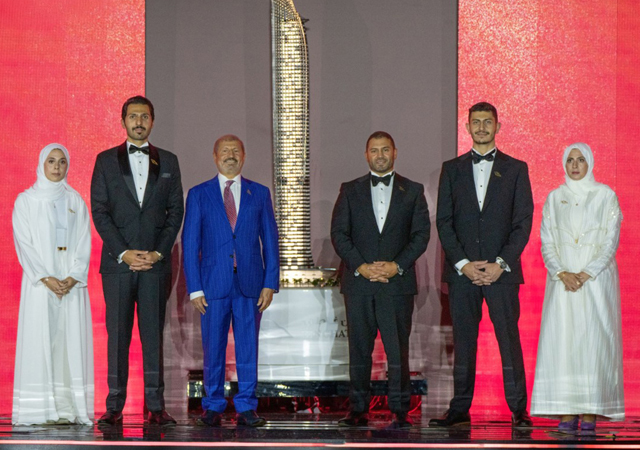
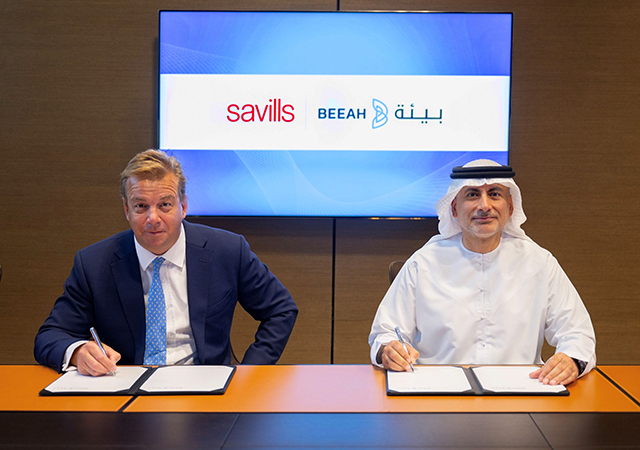
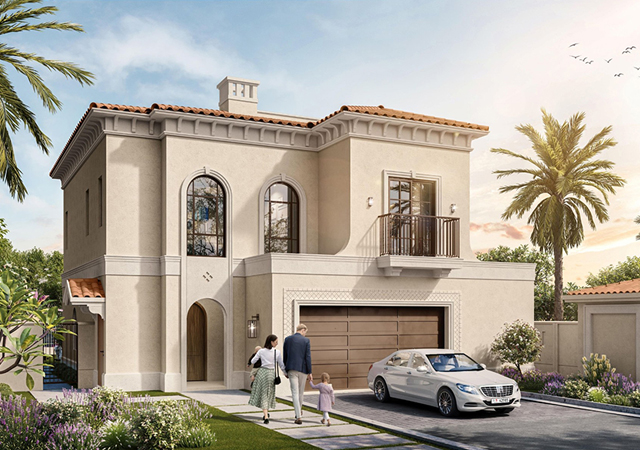
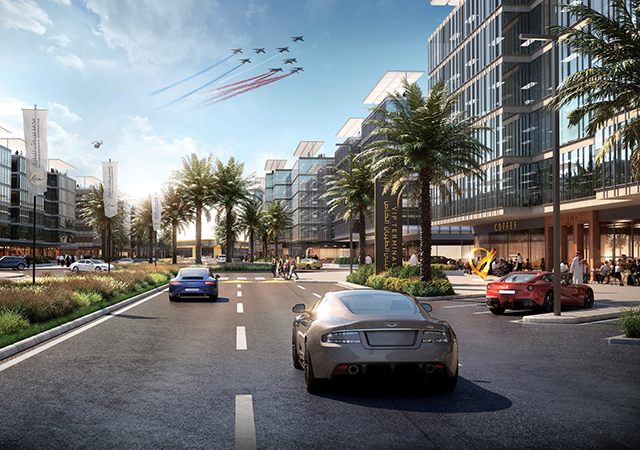
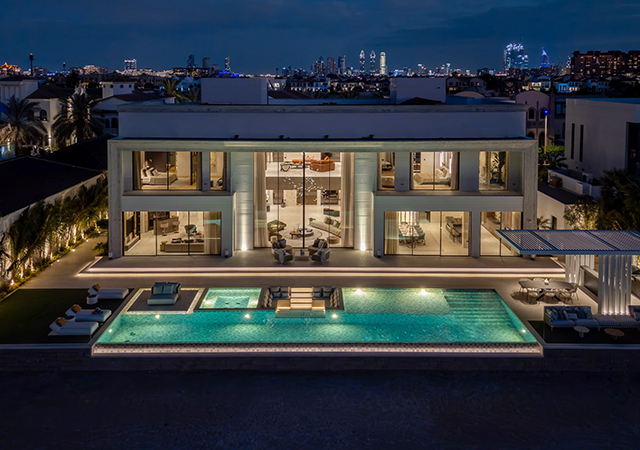
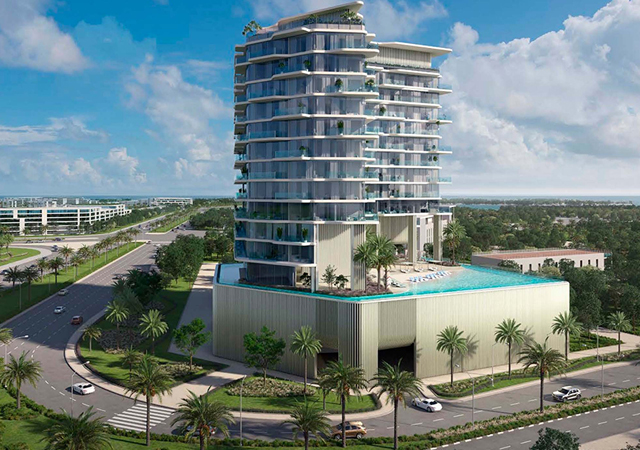
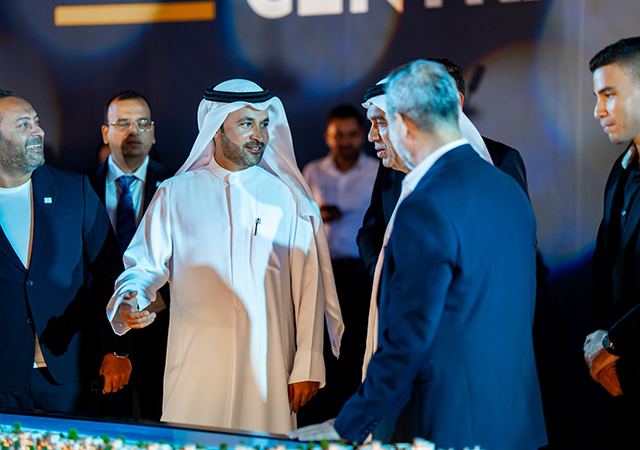
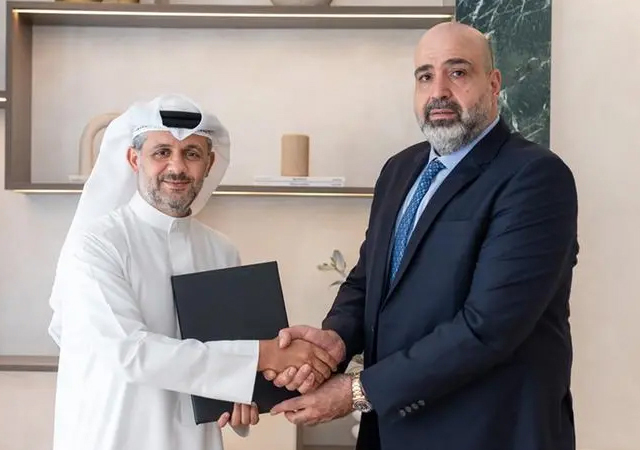
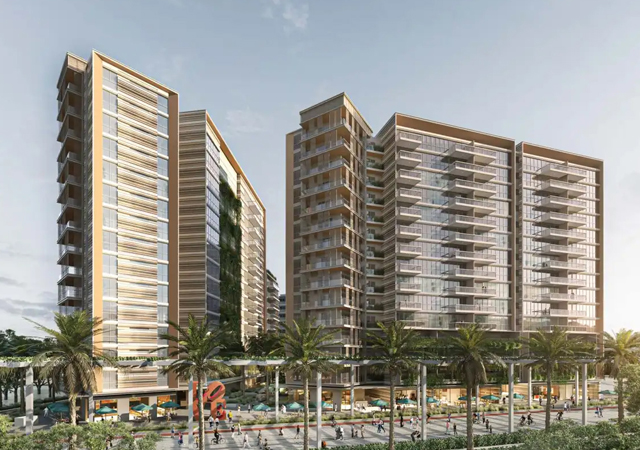
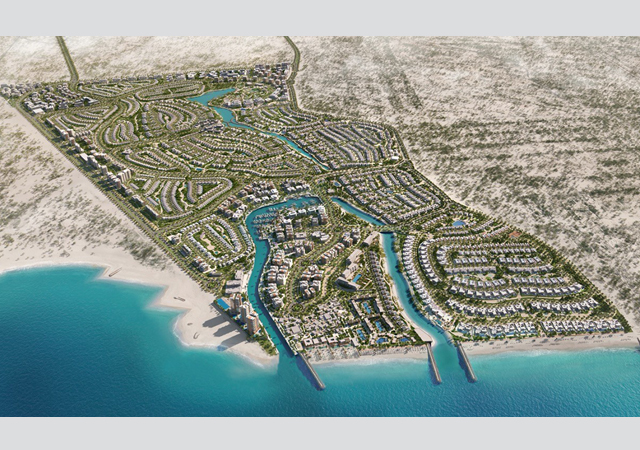
.jpg)
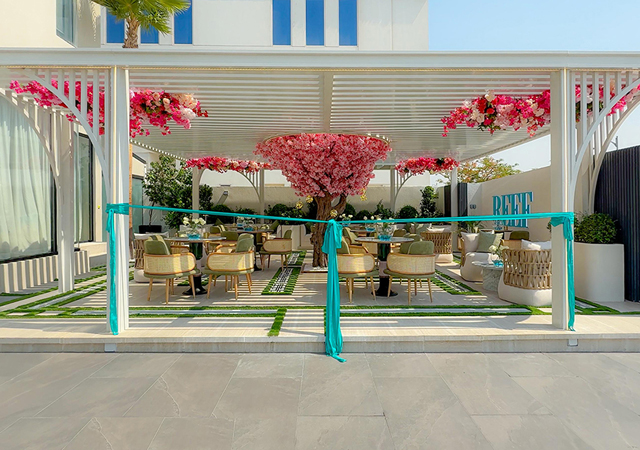
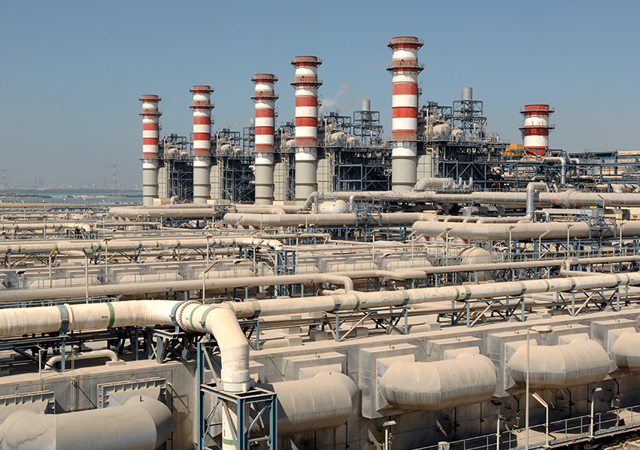
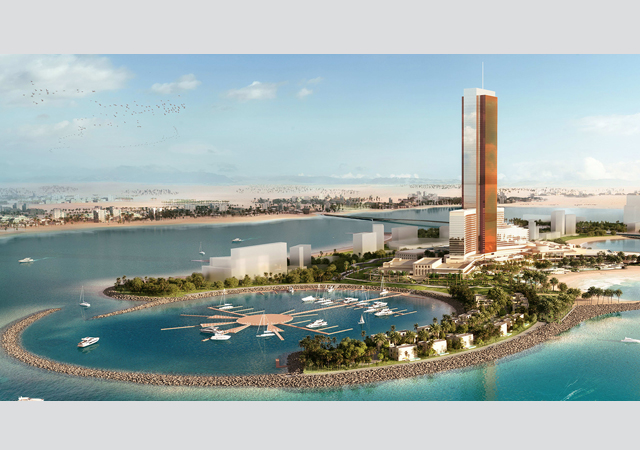
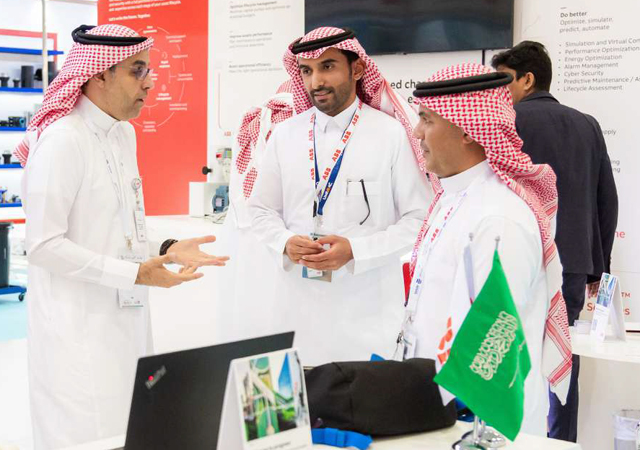
.jpg)
